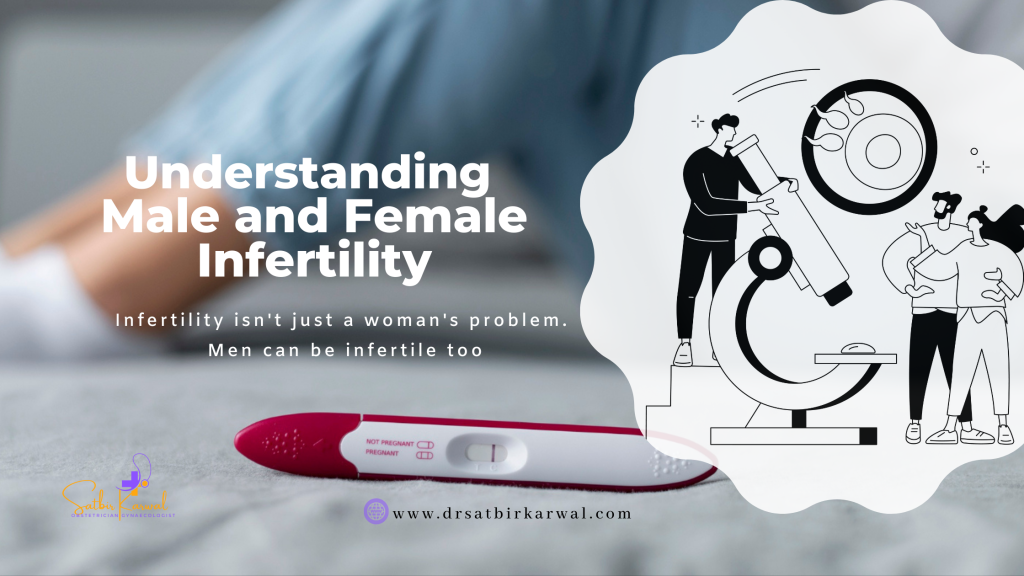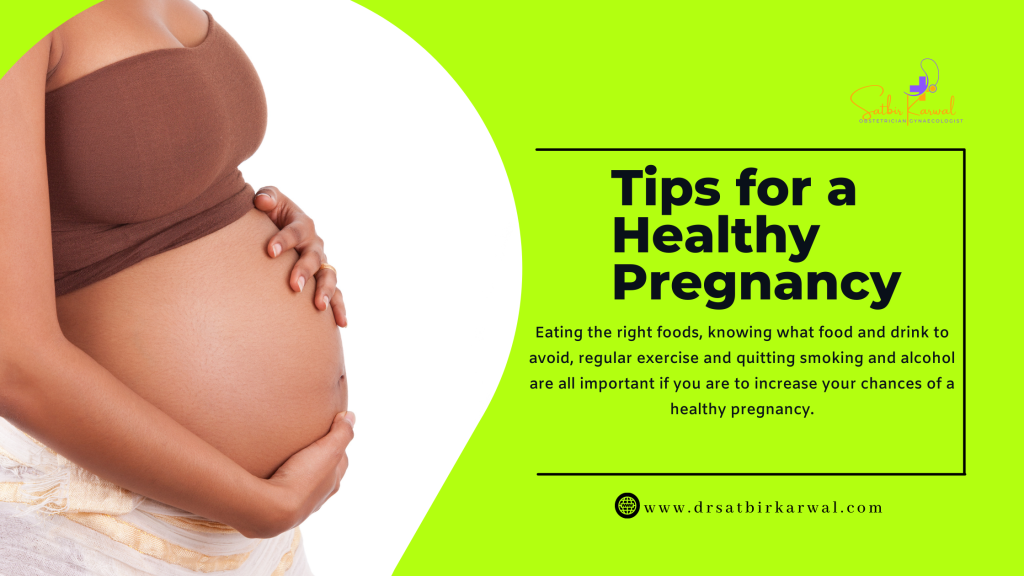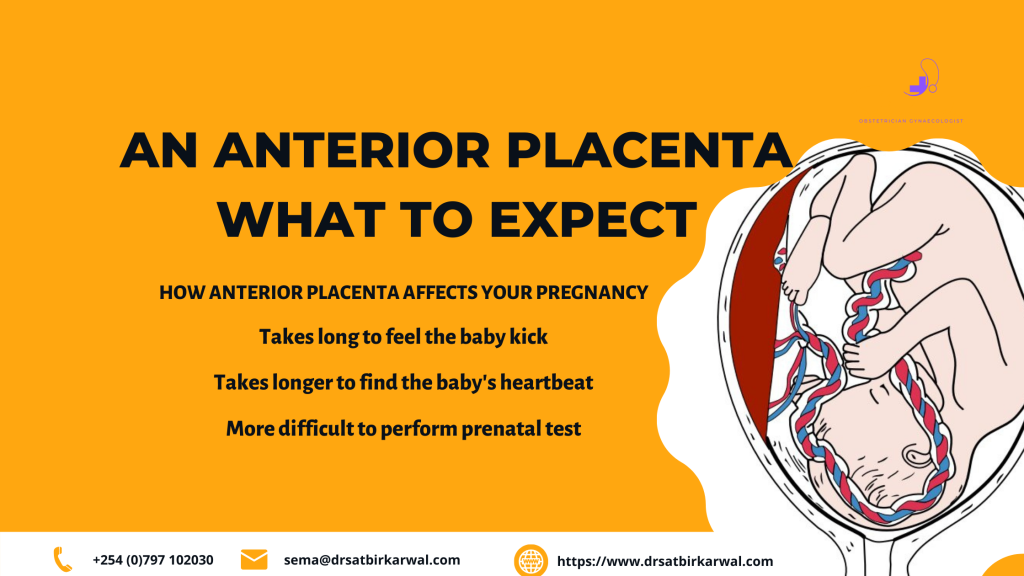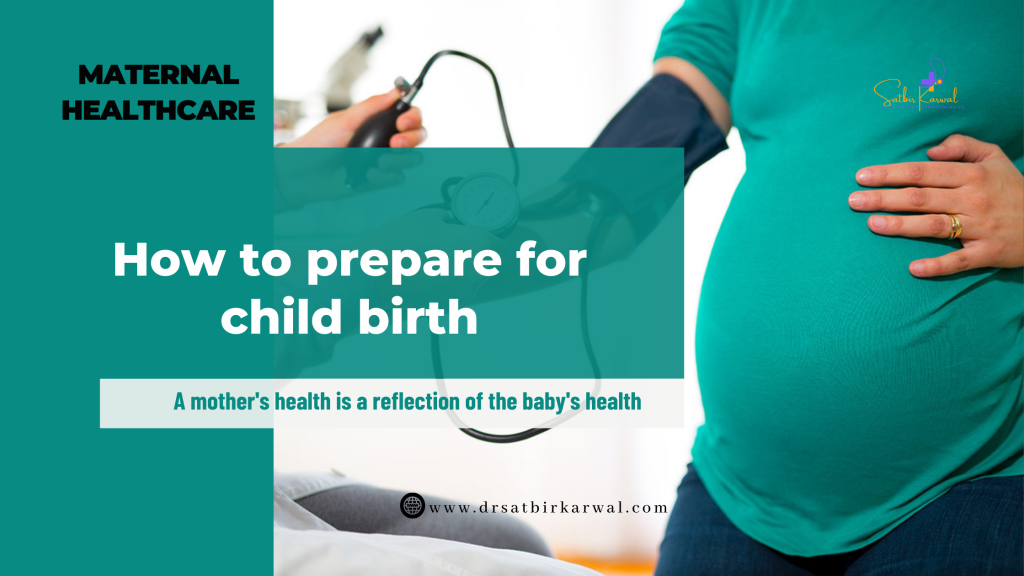Uterine fibroid is a condition in which solid tumours develop in the uterus. These solid tumours are not cancerous and do not increase the risk for uterine cancer.
What are fibroids?
These are growths made of smooth muscle cells and fibrous connective tissue. They develop in the uterus and can appear alone or in groups. Their sizes range from as small as a grain of rice to as big as a melon. In some cases, fibroids can grow into the uterine cavity or outward from the uterus on stalks.
Approximately 235 million women (6.6% of the global women population) are estimated to have been affected by fibroids worldwide. However, only about one-third of these fibroids are large enough to be detected by a health care provider during a physical exam, so they are often undiagnosed. In more than 99% of fibroid cases, the tumours are not cancerous and do not increase the risk for uterine cancer.
What causes Fibroids?
It is not clear what causes fibroids, but studies suggest genetics and prolonged exposure to oestrogen may increase your risk of developing fibroids.
What are symptoms of Fibroids?
Sometimes women with fibroids do not experience any noticeable symptoms, while others with fibroids experience severe symptoms that interfere with their daily lives. The symptoms can include:
- heavy and prolonged periods
- bleeding between periods
- Abdominal discomfort and/or fullness
- Pelvic pain
- Lower back pain
- Bladder symptoms, such as frequent urination or difficulty emptying the bladder
- Bowel symptoms, such as constipation or excessive straining with bowel movements
Women with fibroids can also experience:
- Infertility
- Complications during pregnancy
- Pain during intercourse
Emergency Fibroid Symptoms
In rare cases, women with fibroids need emergency treatment. Seek emergency care if you experience:
- sharp, sudden pain in the abdomen that is unrelieved with pain medication
- severe vaginal bleeding with signs of anaemia such as lightheadedness, extreme fatigue and weakness.
Why it is vital to get a consultation with an obstetrician/gynaecologist OBGYN
Fibroids are often found during a routine pelvic exam or incidentally noted on imaging. Uterine fibroid is a common gynaecological problem among women of reproductive age. A consultation with a gynaecologist will help detect and treat any condition arising.
For more information call us on (+254) 797-102-030 or book an appointment or visit us at Shree Swaminarayan Hospital. MAP HERE






Wonderful views on that!
Right on my man!
Im pretty pleased to discover this page. I wanted to thank you for ones time for this particularly wonderful read!! I definitely liked every little bit of it and I have you bookmarked to look at new stuff on your blog.